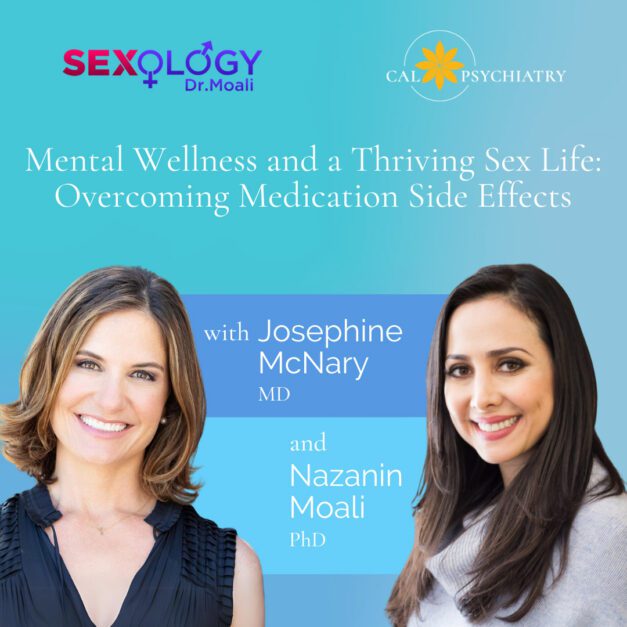In a phase 3 trial of 90 participants, 67% of patients who received MDMA with talk therapy no longer met criteria for the PTSD diagnosis. This exciting news comes at a time when more research is being conducted on previously banned substances, and it could pave the way for novel therapies.
MDMA (also known as ecstasy or “Molly”) is making headlines in the neuropsychiatric community, as reported recently in the New York Times. Results from a phase 3 trial showed that MDMA combined with talk therapy reduced PTSD symptoms in 67% of patients compared with 32% of patients who received placebo. These results come out of a lab at the University of California, San Francisco and are set to be published next month in Nature magazine. Neuroscientist and lead author Jennifer Mitchell comments that these results are particularly exciting because researchers going forward will be more “willing to consider these [banned] substances as therapeutics again, which hasn’t happened in 50 years.” For people who suffer from debilitating disorders, such as PTSD, this research is timely.
PTSD (post-traumatic stress disorder) is a cluster of symptoms characterized by recurring nightmares or flashbacks, feelings of hypervigilance, and avoidance which are triggered by a traumatic event in the patient’s life. This mental disorder is extremely common in sexual assault victims, survivors of natural disasters, and combat veterans (but is not limited to these groups).. The comorbidity of substance use and other mental disorders (such as depression or severe anxiety) is very high in PTSD sufferers. Currently, the mainstay of therapy for PTSD is drugs belonging to the class of SSRI drugs. These drugs promote serotonin staying in brain synapses (neural connections) for a longer amount of time, thereby mitigating some of the symptoms of PTSD. CBT (or cognitive behavioral therapy) also has good evidence for PTSD treatment. But still, there are some patients that remain refractory to these treatments. MDMA basically takes the brain’s healing process “a step further.” Not only is serotonin left in the synapses for a longer period of time, but researchers suggest that more serotonin may actually be pumped into the synapses. Neuroscientists also posit that what sets MDMA apart from other therapies is what they have come to refer to as a “critical period.” This “critical period” that MDMA facilities essentially allows the brain to “make new memories and store them,” highlighting the malleability of the brain under MDMA’s influence. A patient who was once plagued by nightmares of battle and bullets may be able to rewire his/her neural circuitry with MDMA’s help. However, some neuroscientists state that without the crucial component of therapist-assisted talk therapy, these results would not have been possible. It is the therapy plus the drug’s effects and not the drug alone.
While more trials with larger and more diverse sample sizes need to occur, this news is exciting for sure. Substances that were once banned or cast aside may hold promise for refractory psychiatric disorders, giving hope to many who continue to struggle with mental illness.





